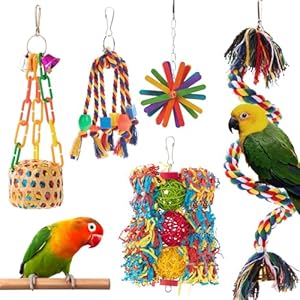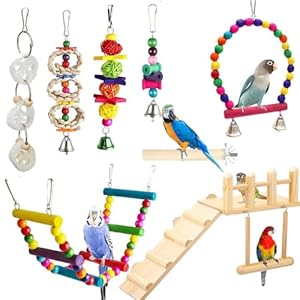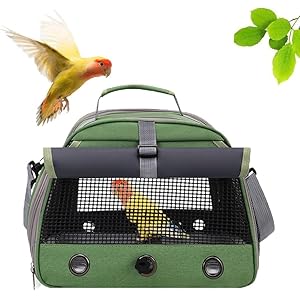
Ensuring the well-being of your furry companion goes beyond just providing food and shelter. By implementing preventive measures, you can shield them from a multitude of common pet illnesses and diseases. From dietary considerations to regular vet check-ups, each aspect plays a crucial role in safeguarding your pet’s health. Remember, a proactive approach today can lead to a healthier and happier tomorrow for your beloved animal companion.
Importance of Proper Nutrition
To keep your pets healthy, feed them a balanced diet rich in essential nutrients. Just like humans, pets require a variety of vitamins, minerals, proteins, fats, and carbohydrates to thrive. Make sure to choose high-quality pet food that’s specifically formulated for your pet’s species, age, and size. Read the labels carefully and opt for brands that list meat as the primary ingredient, avoiding those with excessive fillers or artificial additives.
A well-rounded diet plays a crucial role in preventing common illnesses and diseases in pets. Essential nutrients like Omega-3 fatty acids can help maintain a healthy coat and skin, while proper levels of protein support muscle growth and development. Remember to provide fresh water at all times to keep your pets hydrated and aid in digestion.
Avoid feeding your pets table scraps or human food, as these can be harmful and lead to nutritional imbalances. Consult your veterinarian to determine the best diet for your pet’s individual needs and monitor their weight to ensure they’re getting the right amount of food. Proper nutrition is the foundation of good health for your beloved pets.
Regular Exercise and Playtime
Ensure your pets stay healthy and happy by incorporating regular exercise and playtime into their daily routine. Just like humans, pets need physical activity to maintain their overall well-being. Regular exercise helps prevent obesity, improves cardiovascular health, enhances muscle tone, and boosts their mental stimulation.
Engaging in playtime with your pets isn’t only fun but also essential for their development. Playing games like fetch, tug-of-war, or interactive toys can help strengthen the bond between you and your furry friend. It also aids in reducing behavioral issues that may arise from boredom or excess energy.
Different pets have varying exercise needs based on their breed, age, and health condition. Dogs generally require daily walks or runs, while cats may benefit from interactive toys or climbing structures. Small animals like hamsters or rabbits need opportunities to roam and explore in a safe environment.
Routine Veterinary Check-ups
Regularly scheduling veterinary check-ups is crucial for maintaining your pet’s health and detecting any potential issues early on. Just like humans, pets benefit greatly from regular visits to the vet. These routine check-ups allow the veterinarian to assess your pet’s overall health, identify any underlying problems, and provide necessary preventive care. During these visits, the vet will conduct a thorough physical examination, check your pet’s weight, monitor their vital signs, and discuss any concerns you may have regarding your pet’s well-being.
Additionally, routine veterinary check-ups are essential for staying up to date on preventive treatments such as parasite control and dental care. Your vet can also offer valuable advice on nutrition, behavior, and other aspects of your pet’s health and wellness. By scheduling regular check-ups, you’re taking a proactive approach to your pet’s healthcare, ensuring they lead a long and healthy life. Remember, prevention is key when it comes to keeping your furry friend happy and thriving.
Vaccination Schedule and Updates
Maintaining your pet’s health through routine veterinary check-ups also involves staying informed about their vaccination schedule and updates. Vaccinations are crucial in protecting your pet from various diseases. Your veterinarian will create a customized vaccination plan based on your pet’s age, lifestyle, and risk factors. Puppies and kittens typically receive a series of vaccinations to build immunity, while adult pets require regular boosters to stay protected.
It’s essential to keep up with vaccination updates recommended by veterinary professionals. Vaccines undergo constant research and development, leading to improvements in effectiveness and safety. Stay in touch with your vet to ensure your pet is receiving the most current and necessary vaccinations. Some common vaccines for dogs include rabies, distemper, parvovirus, and kennel cough, while common vaccines for cats include rabies, feline leukemia, and upper respiratory infections. By staying up-to-date on vaccinations, you can significantly reduce the risk of your pet contracting preventable illnesses.
Hygiene and Grooming Practices
To keep your pet healthy and clean, establishing good hygiene and grooming practices is essential. Regularly brushing your pet’s coat helps prevent mats, distributes natural oils, and reduces shedding. Depending on the breed, your pet may need daily or weekly brushing.
Bathing frequency varies based on your pet’s lifestyle and coat type. Over-bathing can strip natural oils and lead to skin irritation, so follow your veterinarian’s recommendations. Keep your pet’s ears clean and dry to prevent infections.
Trim your pet’s nails regularly to avoid overgrowth, which can be painful and cause difficulty walking. Dental care is crucial; brush your pet’s teeth regularly and provide dental chews or toys to promote oral health. Pay attention to your pet’s eyes; wipe away any discharge to prevent irritation or infections.
Lastly, check for parasites like fleas and ticks regularly, using preventive treatments as recommended by your vet. By incorporating these hygiene and grooming practices into your routine, you can help your pet stay healthy and happy.
Trending Products














